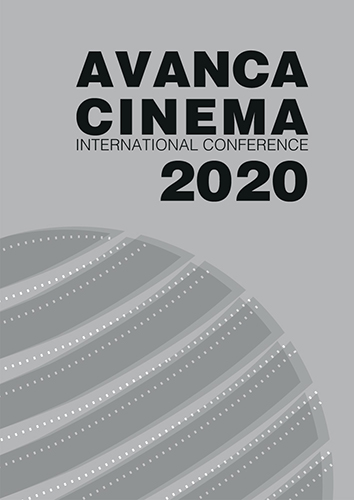Capítulo V _ Invitados
Fluxo de trabalho para uma animação com render em tempo real
Resumen
This paper presents the workflow for developing an animated short film, Fio, using real-time rendering. Real-time rendering is a recently commercially available alternative and has drastically reduced rendering time.
Rendering means graphically processing an image, or layers of images, so that it can be displayed after processing, immediately. It is a critical step in computer graphics and determines the quality of the final image and the time required for it to be available for display. Previously, rendering required many minutes for each image frame, with multiple and costly processors. Currently, one render per frame is achieved in less than a second, with an equivalent look and a smaller amount of processing.
To render in real time, the graphics engine Unreal Engine, a pioneer in this type of solution, was used. For this type of use, to render scenes, the software is free. Software of relevance in the creative industry were chosen as well, such as Autodesk Maya for animations and modeling, zBrush for sculptures, Substance Painter and Photoshop for composing textures, Audition for soundtracks, Premiere for editing. The engine itself has tools for lighting and composition. Other experimental alternatives were tested in the workflow, such as the use of hand-drawn textures with pastel chalks.
This paper will introduce each step of the workflow for producing an animated short film, with the preparation of the scene adjustments to be imported by the Unreal engine at the end. The first minute of this animation is accessible in https://vimeo.com/503536788.

Esta obra está bajo una licencia internacional Creative Commons Atribución 4.0.

